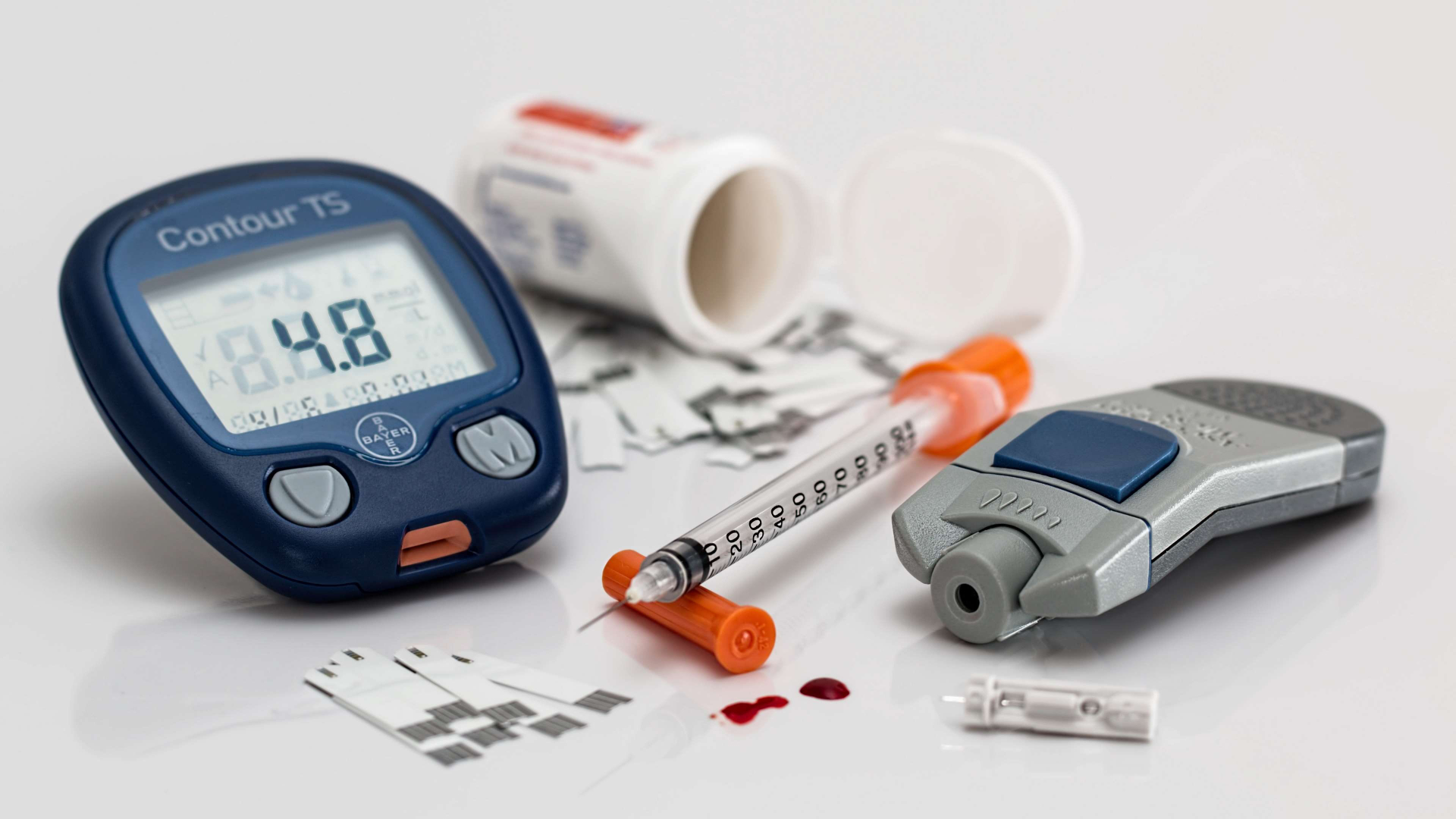Diabetes prevention programs are effective at lowering the incidence of diabetes and associated health care costs, as well as helping people with diabetes, according to National Institutes of Health research. An economic analysis of the landmark Diabetes Prevention Program (DPP) found that both lifestyle changes and the use of Metformin reduced the incidence of diabetes, leading to savings in health care costs. Participants in the DPP were 3,234 overweight and obese adults with higher than normal blood sugar levels who were randomly assigned to either a lifestyle intervention with diet and exercise, metformin treatment, or placebo pills. The lifestyle intervention group participants received individualized training in a 16-session curriculum during the DPP and in group sessions during seven more years in the DPP Outcomes Study (DPPOS). Over 10 years of the DPP/DPPOS, the cost per participant for the lifestyle group was $4,601, $2,300 for the metformin group, and $769 for the placebo group. Medical care costs were highest for the placebo group ($27,468) compared with the metformin group ($25,616), or the lifestyle group ($24,563). The combined costs of the interventions and medical care outside the study were lowest for metformin ($27,915) and higher for lifestyle ($29,164) compared with placebo ($28,236). The lifestyle group also reaped benefits in their quality of life measured by mobility, pain level, emotional outlook, and other indicators. "While the lifestyle intervention was cost-effective, we would see greater savings if the program were implemented in communities," says NIH’s National Institute of Diabetes and Digestive and Kidney Diseases director Griffin P. Rodgers. “This has already been demonstrated in other NIDDK-funded projects, including one in YMCAs, where a lifestyle-change program cost $300 per person per year in a group setting, compared to about $1,400 for one-on-one attention in the DPP.”
Harvard Study Swaps Bad Fat for Good in Effort on Obesity





